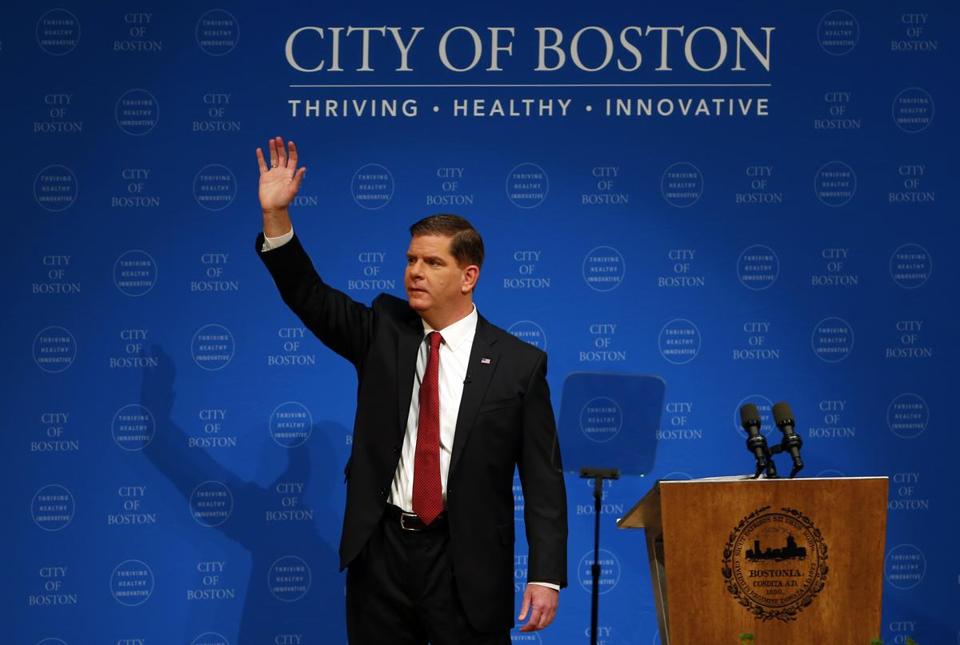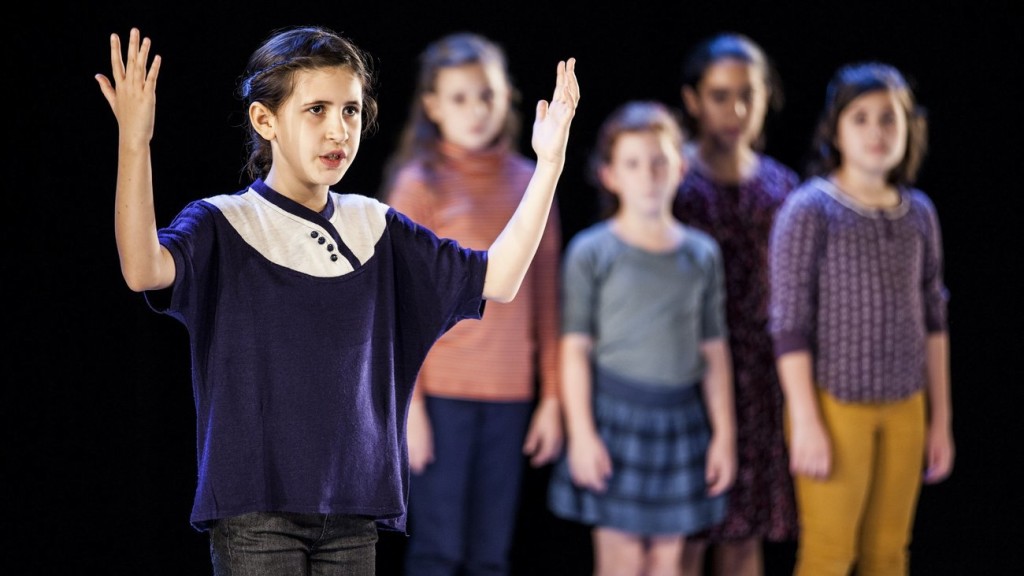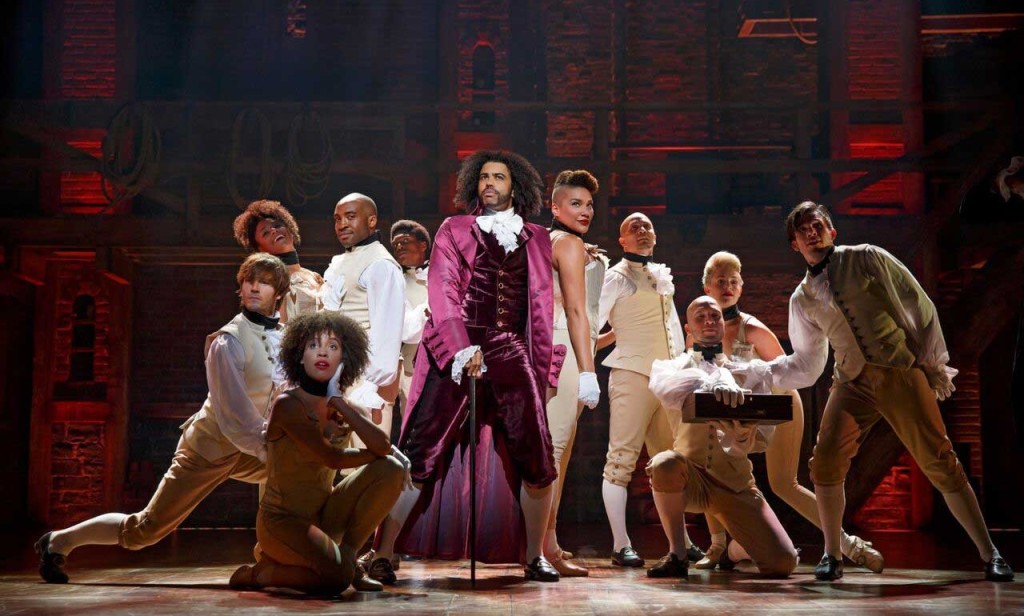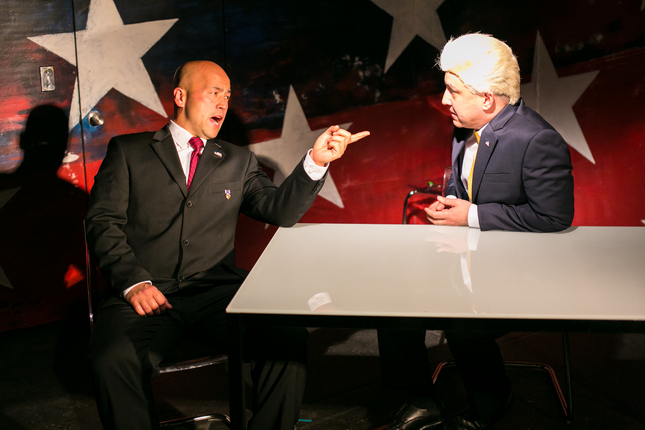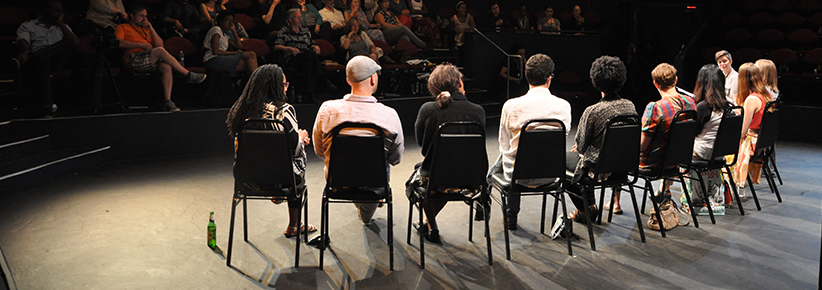
February 2, 2016 | 6:30PM to 8:30PM
Location: ArtsEmerson’s Paramount Theatre (559 Washington Street)
RSVP HERE
Race and class have now become a National Conversation — from media headlines to heated conversations in the street, communities are wrestling with how to have very difficult discussions that move us forward. As Boston’s theatre for the people working at the intersection of theatre and social change, Company One Theatre, through its production of Branden Jacobs-Jenkins award-winning play, An Octoroon, and the synergy it creates with its Stage One Education Program, offers an effective way to explore these explosive issues.
Join Company One Theatre for an exciting panel discussion about how we can all more broadly, effectively, and artfully combine theater and educational programming to engage the city, schools, and the community in the fight for greater social equity. You will also have the opportunity to learn more about Company One Theatre’s current educational programs from the people that are impacted the most — the teens themselves.
The Panel Features:
• Summer L. Williams | C1 co-founder, Director of Public Relations, and the director of An Octoroon
• Tracy Strain | Filmmaker and director of The Lorraine Hansberry Documentary Project
• Caesar McDowell | President of the Interaction Institute for Social Change
• Kendra Taira Field | Assistant Professor of History and Africana Studies at Tufts University
• James Milord | Company One Teaching Artist
The panel will be moderated by Mark VanDerzee, another of the Company One Theatre Founders, and C1’s Education Director. The C1 Educational Team will provide examples of our curricular material and will be available to discuss their use.
Please click HERE to secure your seat, or reply to this email, by January 14th. And be sure to bring a friend, or SHARE this event with your network!
